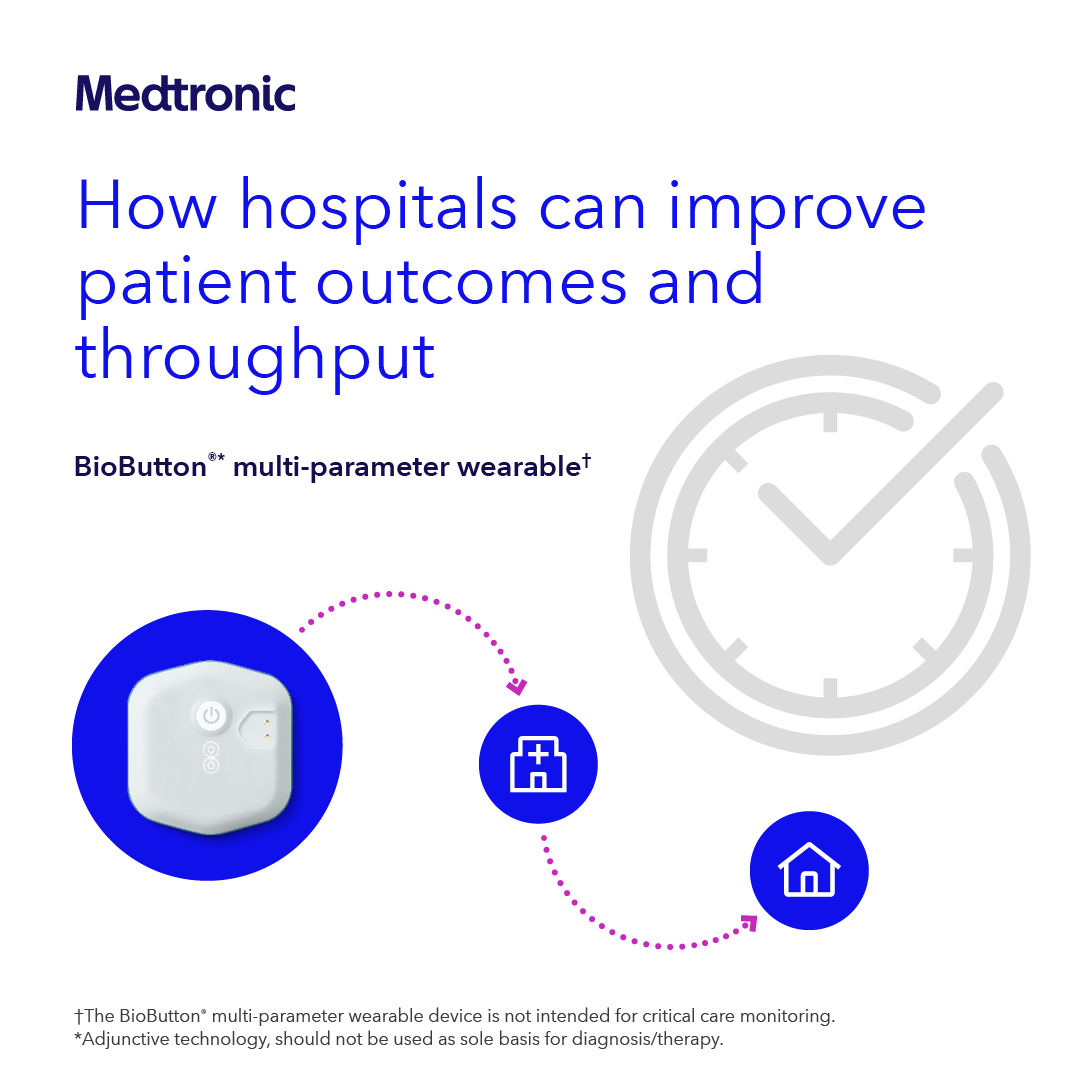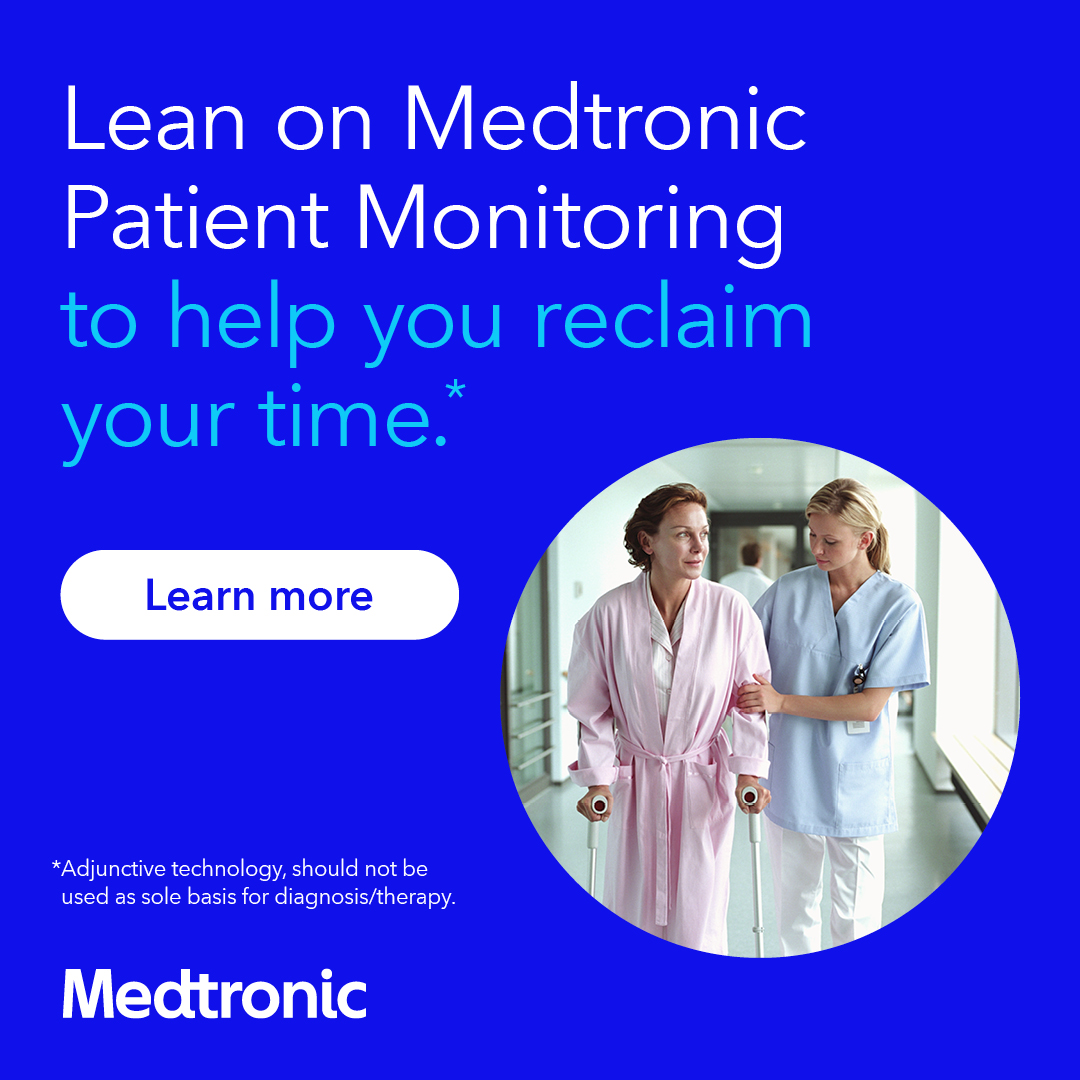Help Identify Opioid-Induced Respiratory Depression in Your MSU's Patients

Cardiac and respiratory monitoring of patients in medical-surgical units (MSUs) is minimal, even though approximately 40 percent of medical-surgical patients experience an acute respiratory event.1
Generally, patients in MSUs are assumed to be less complex and more hemodynamically stable — not requiring additional or continuous monitoring,2 however, many patients receive opioids for pain control, increasing their risk of opioid-induced respiratory depression (OIRD).
Patients that experience an incident of respiratory depression are at higher risk of longer hospital length of stay, readmission to the hospital within 30 days of their discharge, higher cost of care, and higher mortality rates.3



